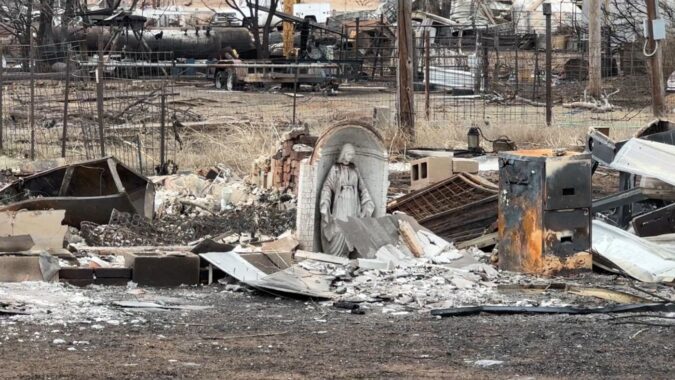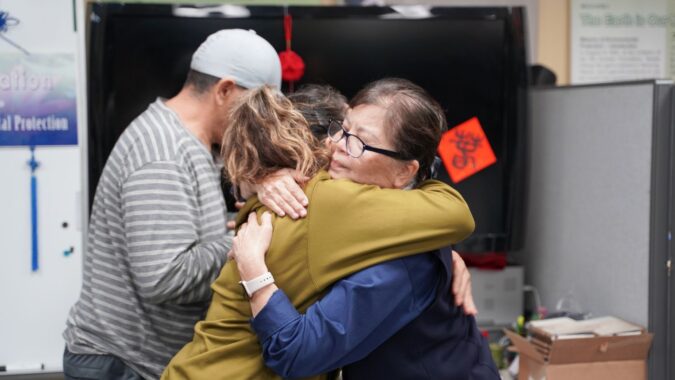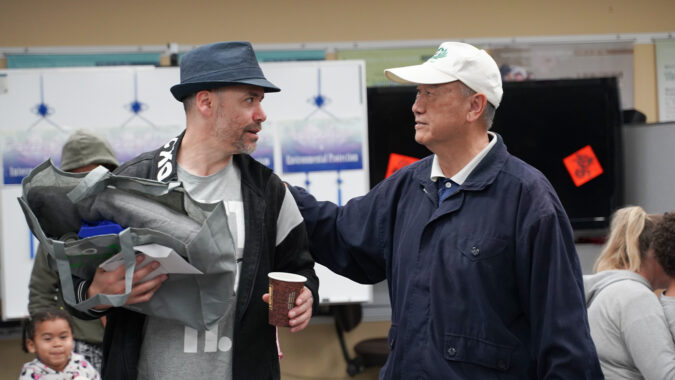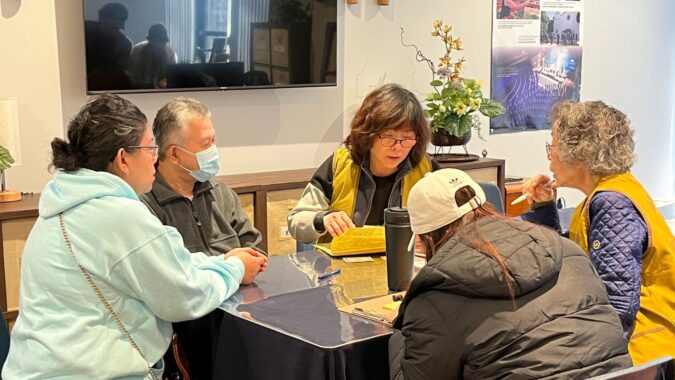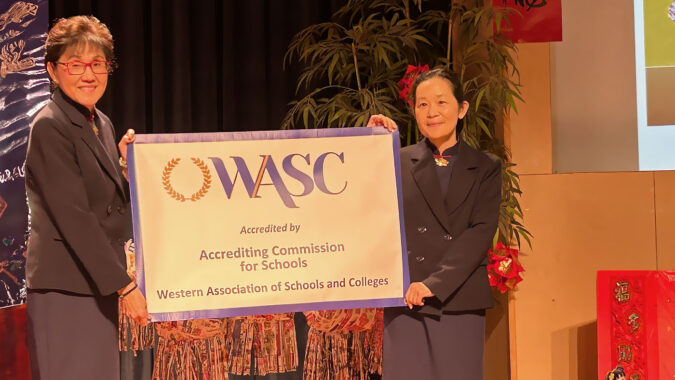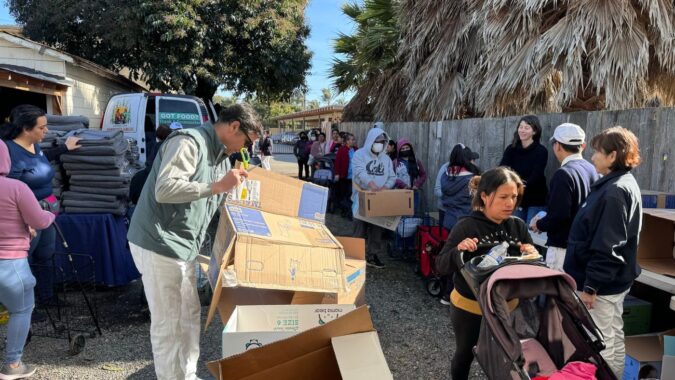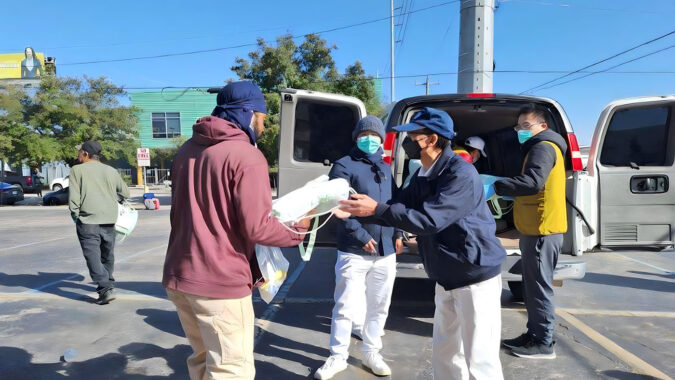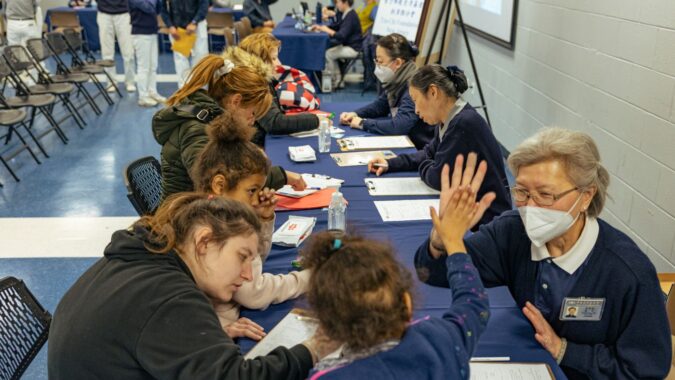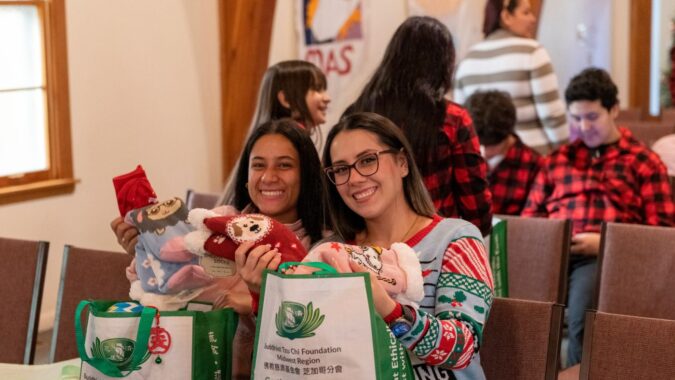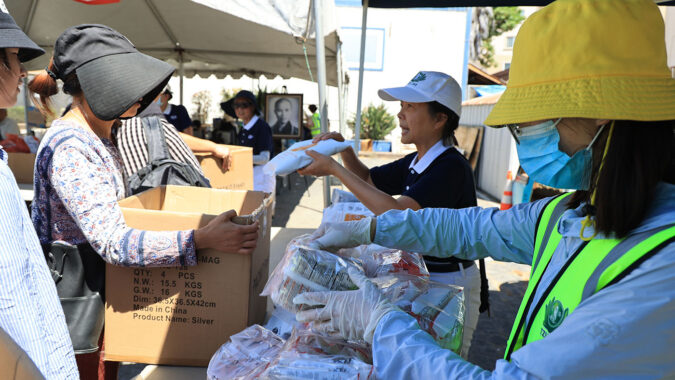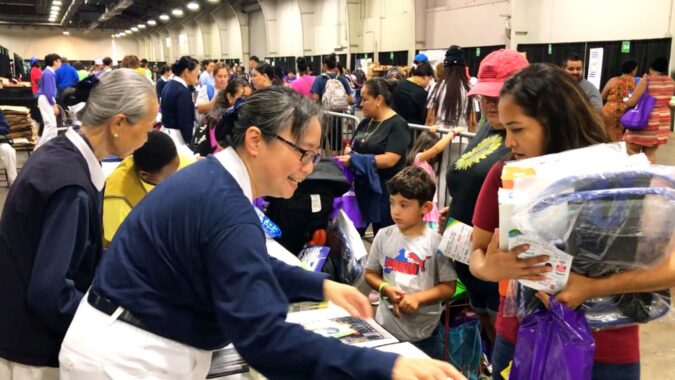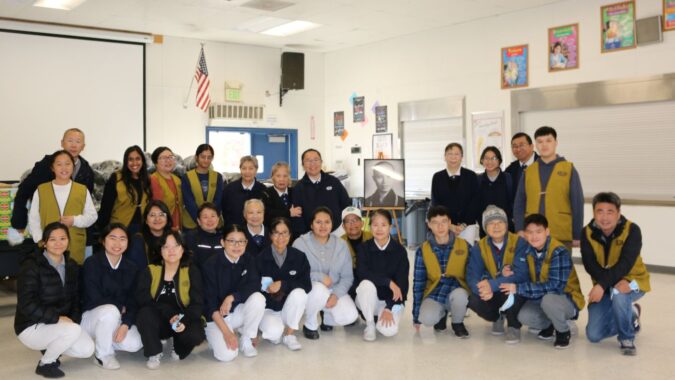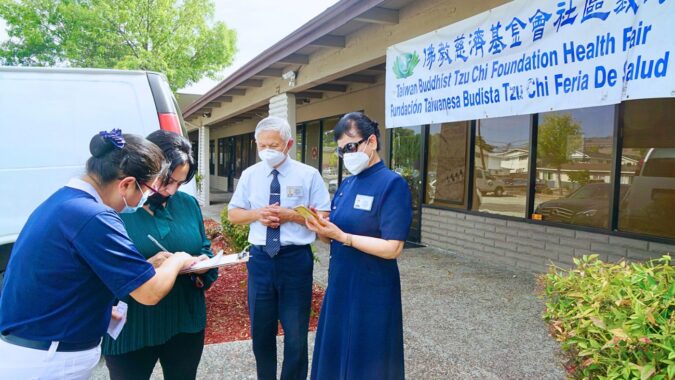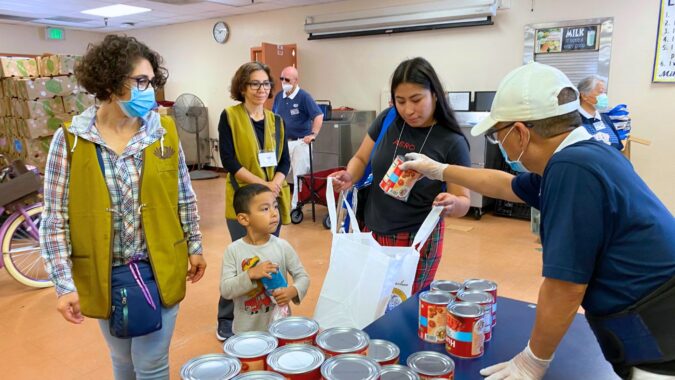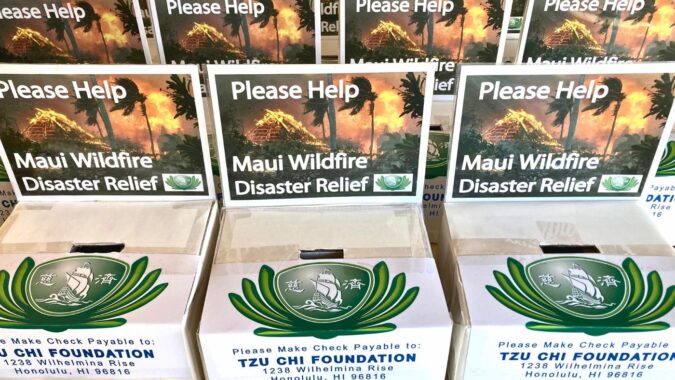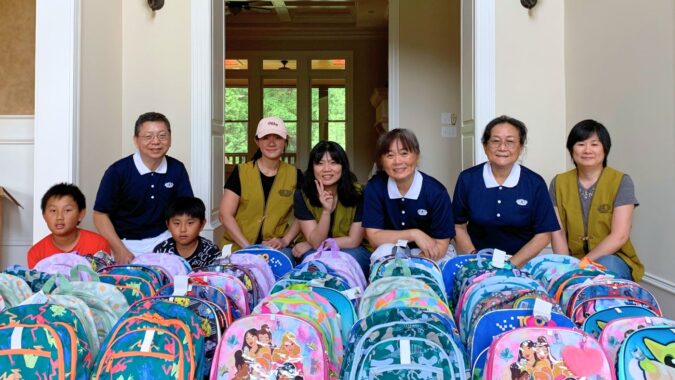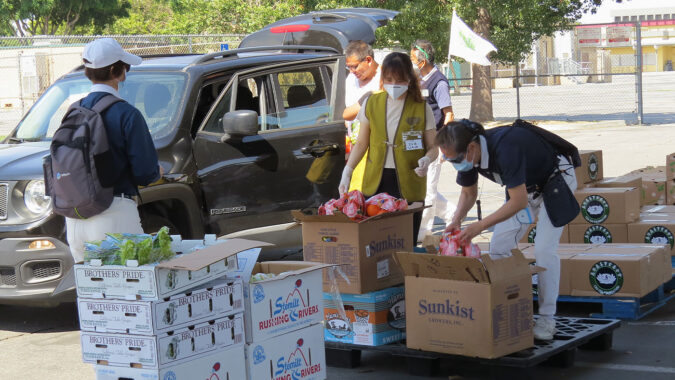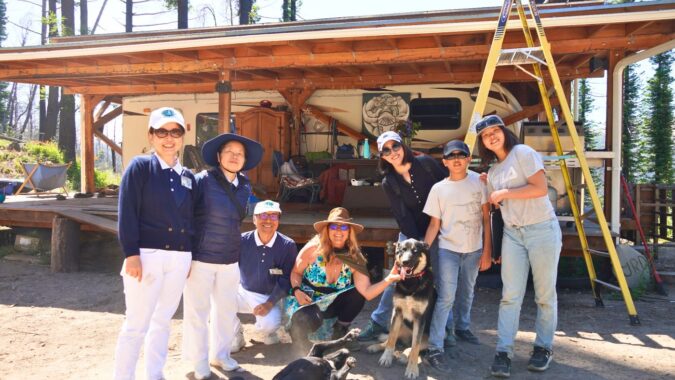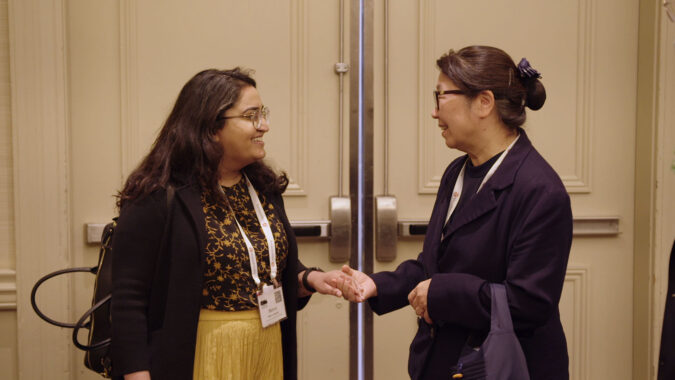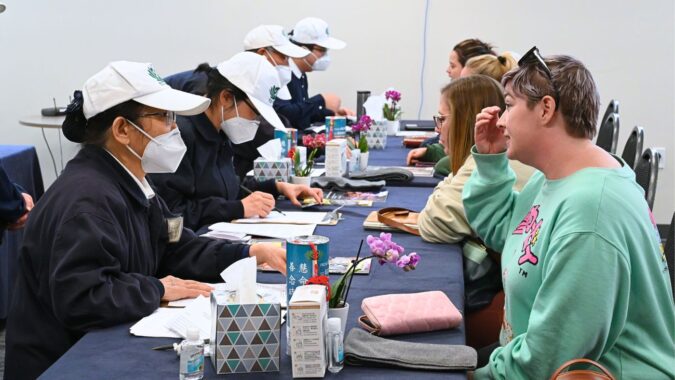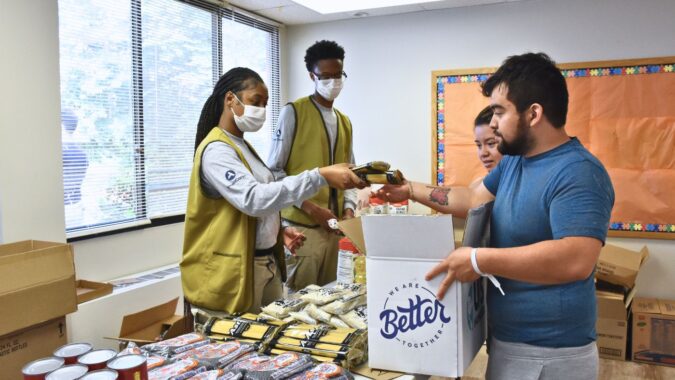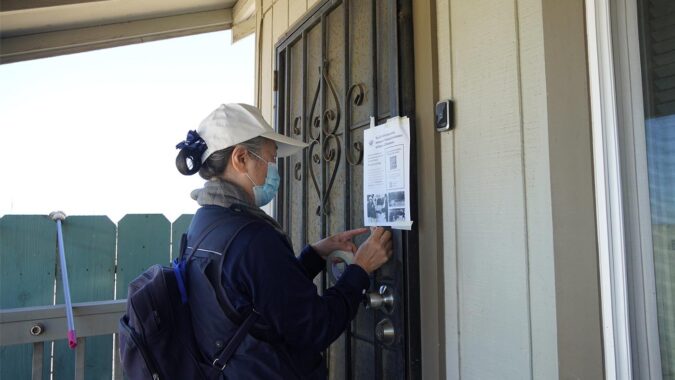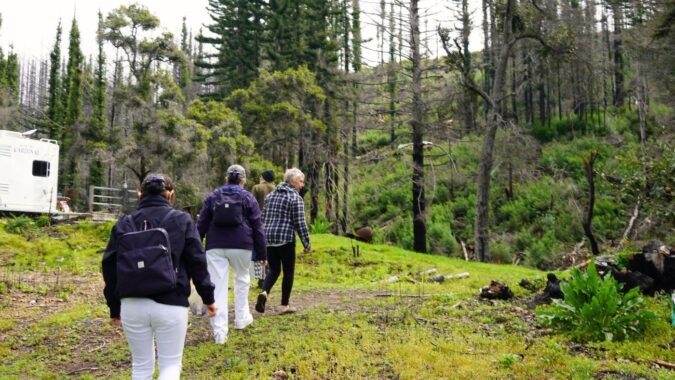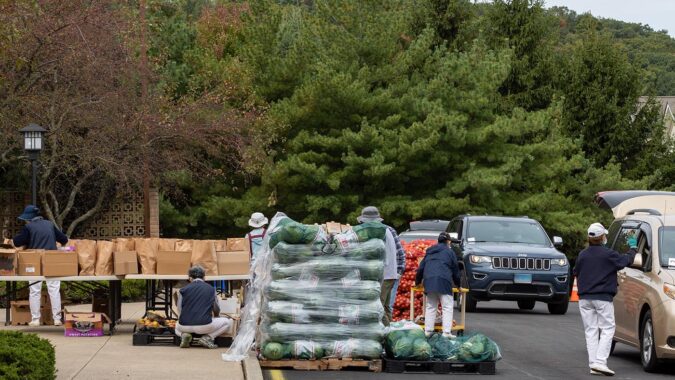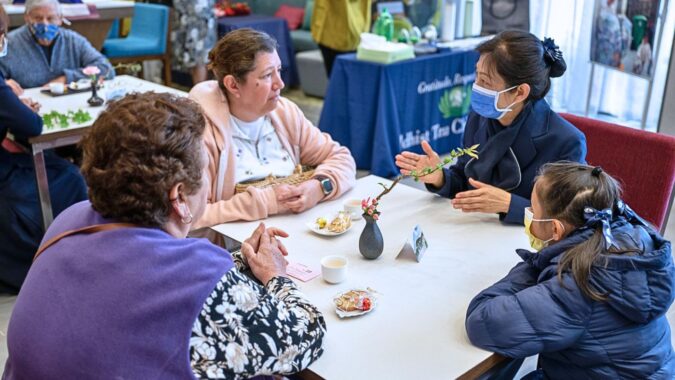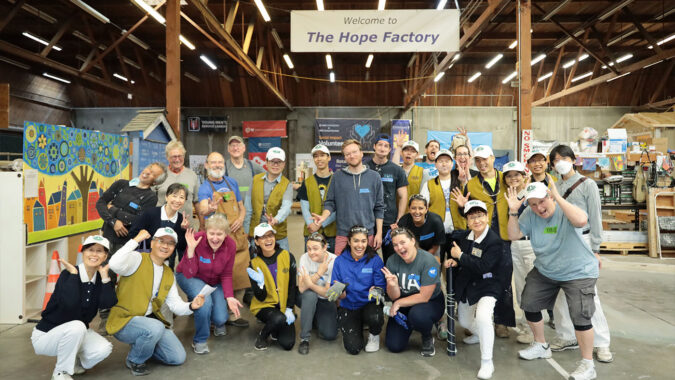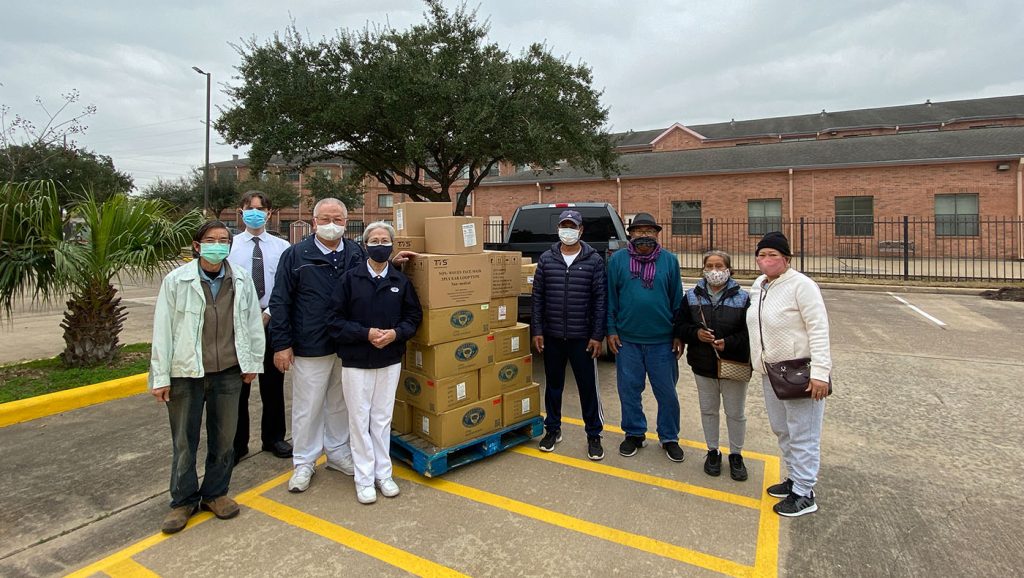
Written by Jean Hsu, Pen-Chi Liu and Jennifer Chien
Translated by Hong (Ariel) Chan
Edited by Diana Chang and Maggie Morgan
Even in the midst of a global pandemic, Tzu Chi USA’s Southern Regional Office found inventive ways to reach the communities it serves. The peak of COVID-19 forced our organization to scale back on larger distribution events, but the perseverance and ingenuity of our volunteers meant the work would still get done. On February 6, 2021, our team connected with residents in need of essential supplies. Though many different communities have suffered immensely from the impacts of COVID-19, immigrants are among the most vulnerable populations. Houston’s Cambodian communities have endured unimaginable losses due to the pandemic; many individuals found themselves facing terrifying situations related to housing shortages, housing displacement, and challenges in finding gainful employment.
Recent research published by think tank Pew found that foreign-born workers were hit significantly harder during the onset of the pandemic. According to the report, there were 27.3 million foreign-born workers in the U.S. in 2020. Though the gap has since balanced out, the millions of immigrant workers saw a higher spike in unemployment than those born in the U.S.; the COVID-19 recession left foreign-born workers at an unemployment rate almost 3% higher than the U.S.-born.
The Center for Law and Social Policy published a striking brief outlining the ways immigrant communities have been at an extreme disadvantage throughout the pandemic. One quote in particular succinctly summarizes the injustice:
Immigrants have faced the burden of being overrepresented among essential workers on the frontlines in addition to being disparately impacted by unemployment amid the pandemic. Although immigrants continue to play a crucial role in the country’s recovery they continue to be excluded from economic relief…
We have all felt the toll of COVID-19 both at home and at work, but at least we have a house and office to suffer in. The immigrant communities devastated by the economic effects of this virus are those we need to reach most. Houston’s Cambodian population is just one example of the marginalized groups who are still trying to pick up the pieces of their lives.
Maintaining Meaningful Connections
As the story goes for countless immigrants seeking refuge in the U.S, many Cambodians fled their country as a result of political unrest. The movement known as Khmer Rouge ruled Cambodia in the 1970’s and many aspects of daily life began to change. Cambodians who desired to separate themselves from social strife sought to start a new life in America, forming communities in several states throughout the country.
Tzu Chi volunteers first started connecting with these Cambodian communities in Houston, Texas during 2017’s Hurricane Harvey. Our team was introduced to local supermarket owner, Mr.Wang, who was one of several immigrants affected by the massive flood. The storm devastated what is referred to as “Little Cambodia”, the place these people had grown to call home. Tzu Chi volunteers held relief distributions at the Community of Faith Church and Buddhist Temple to support individuals from the community, assisting them in rebuilding their lives in any way possible.
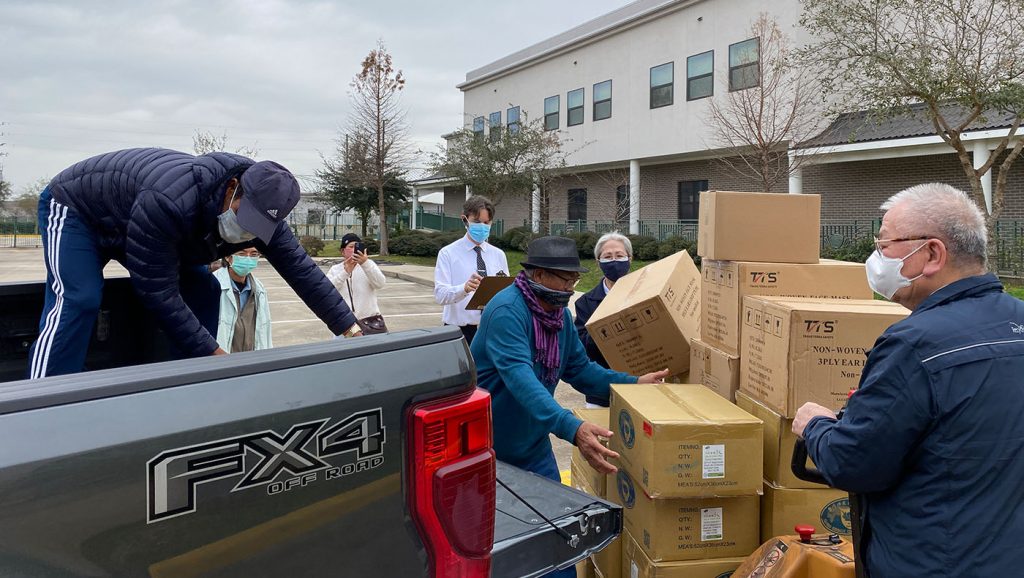
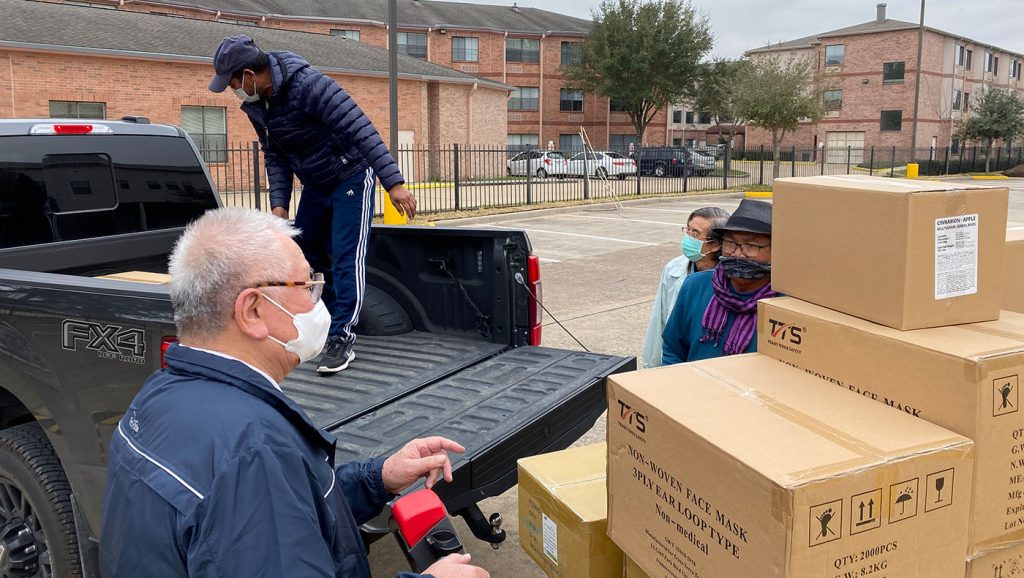
Unemployment has been the cause of widespread panic across the globe, but it has been especially overwhelming for immigrant workers who work in the food and agriculture industry and hold part-time positions. The pandemic has worsened the challenges farmers have been facing for the last several years, and harsh weather conditions have added yet another layer of destruction. An unseasonably cold winter in Houston hurt a number of fields’ harvests which Cambodian families use for both income and nourishment.
Tzu Chi realized that food scarcity was a very real threat and took note of how to help solve this problem. Rice is one of the staple foods that Cambodian residents rely on and, keeping this in mind, Master Cheng Yen’s gave direction from Taiwan; Tzu Chi sent containers of Jing Si Rice to aid in covering food shortages. Tzu Chi’s Southern Region volunteers prepared 28 boxes of rice and provided 12,000 medical masks to representatives who came to the distribution center. These essential supplies were then given to families in need within the Cambodian communities.
Channarith Srey, a representative of the Cambodian Community, was thankful to have had the much-needed support of Tzu Chi USA. Srey explained the severity of the situation saying, “Last year, the households who rely on vegetable crops lost a lot of income…farmers were unable to go out for work and it is difficult to grow during the winter. I am really grateful for Tzu Chi’s continued care for our village.”
Families Bonded Through Philanthropy
Julienne Chi, a Houston resident, is an active volunteer at Tzu Chi. She introduced Tzu Chi’s mission-driven work to her family, passing on the humanitarian message of compassion through philanthropy. It turns out that altruistic pursuits are a family affair; Julienne’s son, Alec Chi, began working with the Houseless Organizing Coalition to assist with weekly food and supply distributions.
Helping others in their time of need and seeing their gratitude firsthand can be a truly contagious feeling. The Chis were bursting with new ideas on how to support those in need in their communities and wanted to continue changing lives with their new found momentum. On February 25, 2021 Julienne and Alec met with Soniya Koppuzhayil, co-founder of the Houseless Organizing Coalition, to share more about Tzu Chi USA’s Southern Regional Branch and their endeavors. After that meeting, Tzu Chi donated 5 boxes of Jing Si Rice, 4 bags of personal hygiene products, and 2,000 medical masks to those in need.
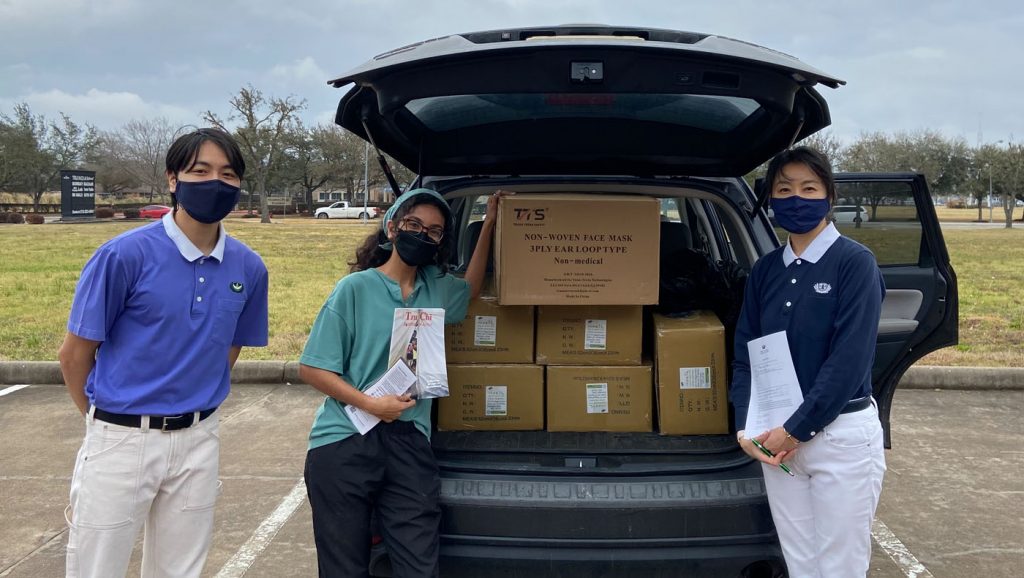
Sonia explained that most members of the Houseless Organizing Coalition are members of minority populations, making them connect with the mission on a different level. The coalition’s main goal is to provide material assistance to neighbors in need and make underserved residents in the community a priority. In addition to the weekly hot meals and material distribution, the coalition also provides emergency resettlement assistance for women who are victims of domestic violence and provides tents as temporary placement for those who are currently unhoused.
Julienne went into detail about the coalition’s mission and why the organization used “houseless” rather than “homeless”. The coalition itself is a home to those who experience oppression in their daily lives; the organization provides a space of belonging and camaraderie among those who have been failed by the system. HOC’s purpose is not only to assist those who are without housing, but also to support women who endure domestic violence. COVID-19 changed many aspects of the organization’s functions, but they were steadfast in remaining committed to their goals. The Houseless Organizing Coalition (HOC) is revolutionary as they work to give a voice to those who have been silenced for too long.
The connections made through volunteers’ experiences and ideas are an important part of the whole that is Tzu Chi. Our team seeks to find partnerships that make sense with our mission (like HOC). Our organization works to bridge gaps that exist in support for vulnerable populations like Cambodian immigrants. There are several components that make Buddhist Tzu Chi Foundation’s message of compassion come to life, and we are so grateful to have volunteers who have the same sentiments living inside their hearts.

